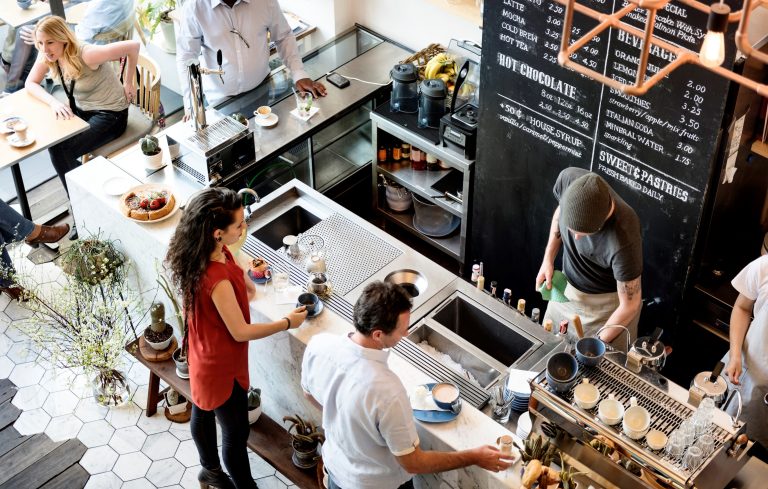Starting a coffee shop is an exciting venture, combining the love of coffee with the opportunity to create a space where people can gather, work, or unwind. Coffee shops are immensely popular, but opening one requires careful planning and a solid understanding of the associated costs. Here’s a detailed guide to the types of expenses you’ll encounter and how to manage them effectively.
Why Start a Coffee Shop?
Coffee shops are more than just places to buy coffee—they’re hubs of activity, offering comfort and connection. Whether you aim to create a trendy speciality coffee house or a cosy neighbourhood café, the potential to build a loyal customer base is significant. With the rising popularity of remote work and community spaces, coffee shops offer a business opportunity that blends passion with purpose.
Key Expenses for Opening a Coffee Shop
Startup Costs
The initial expenses for setting up a coffee shop can be substantial. Securing a location is crucial, as the right spot can significantly impact your success. Prime locations with high foot traffic, such as near offices or schools, often come with higher rent and require deposits or advance payments.
Renovations to transform the space into a functional and inviting coffee shop are another significant cost. However, opting for a “ruin bar” aesthetic—raw brick walls, exposed pipes, and industrial elements—can save money and appeal to younger, fashion-forward customers.
Investing in quality equipment is essential. This includes commercial coffee machines, grinders, refrigerators, blenders, and point-of-sale systems. While these can be costly, leasing or renting equipment can reduce upfront expenses.
You’ll also need to budget for licences and permits, including food service permits and potentially a liquor licence if you plan to serve alcohol.
Operational Costs
Once your shop is open, ongoing expenses will include staff wages, inventory restocking, and utilities. Hiring skilled baristas and creating a welcoming environment is vital for customer retention. Regularly purchasing high-quality coffee beans, milk, syrups, and other supplies will ensure you meet customer expectations. Utilities such as electricity, water, heating, and internet will also be recurring costs to manage.
Marketing and Branding
Marketing is essential for attracting customers and establishing your brand. Invest in a professional logo and signage to make your coffee shop stand out. An online presence is equally important—build a user-friendly website and maintain active social media profiles to promote your offerings. Loyalty programmes, grand opening events, and special promotions can also drive traffic and build a customer base.
Infrastructure: Creating a Work-Friendly Space
Today’s customers often use coffee shops as workspaces. Ensure your shop is equipped with ample wall plugs for charging devices and invest in industrial-grade networking equipment to provide reliable Wi-Fi. These features are critical for attracting remote workers and students, who can become regular customers.
Miscellaneous Costs
There are other expenses to account for, such as business insurance to cover potential risks, regular maintenance of equipment, and unexpected costs like emergency repairs or inventory shortages. Music licensing fees, waste disposal services, and cleaning supplies are smaller but recurring expenses that should also be factored into your budget.
Tips to Manage Costs
Starting small is a practical way to minimise initial expenses. Consider leasing high-quality items to lower startup costs. Simplify your menu to reduce waste and streamline operations—fewer options mean less risk of unused inventory.
Renovations don’t have to be expensive to be effective. Embracing the trendy, minimalist aesthetic not only saves money but also appeals to a stylish audience.
Opening a coffee shop can be a rewarding business opportunity, but it requires careful planning and budgeting. By understanding and managing your startup, operational, marketing, and miscellaneous costs, you can create a thriving space that serves both your customers and your vision. With thoughtful investments in design, infrastructure, and customer experience, your coffee shop can become a beloved community hub and a successful business.
